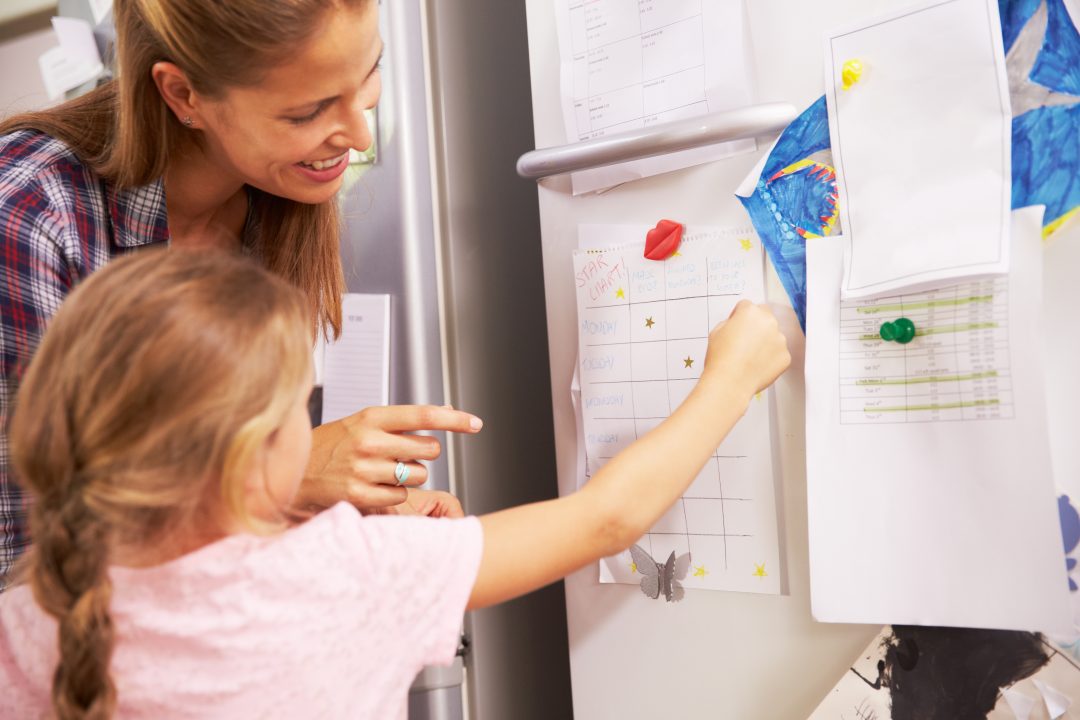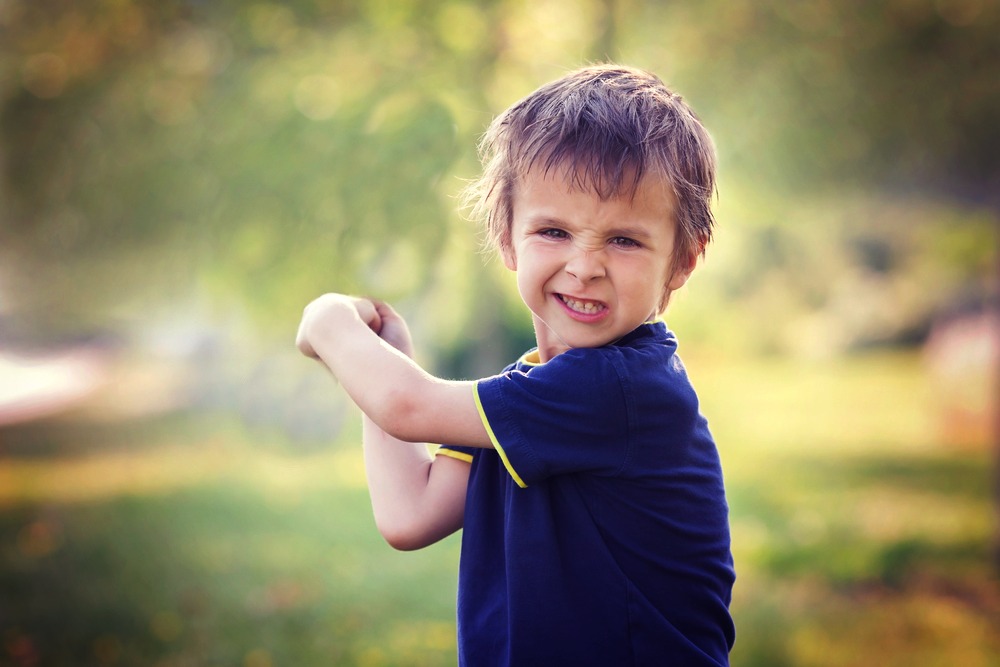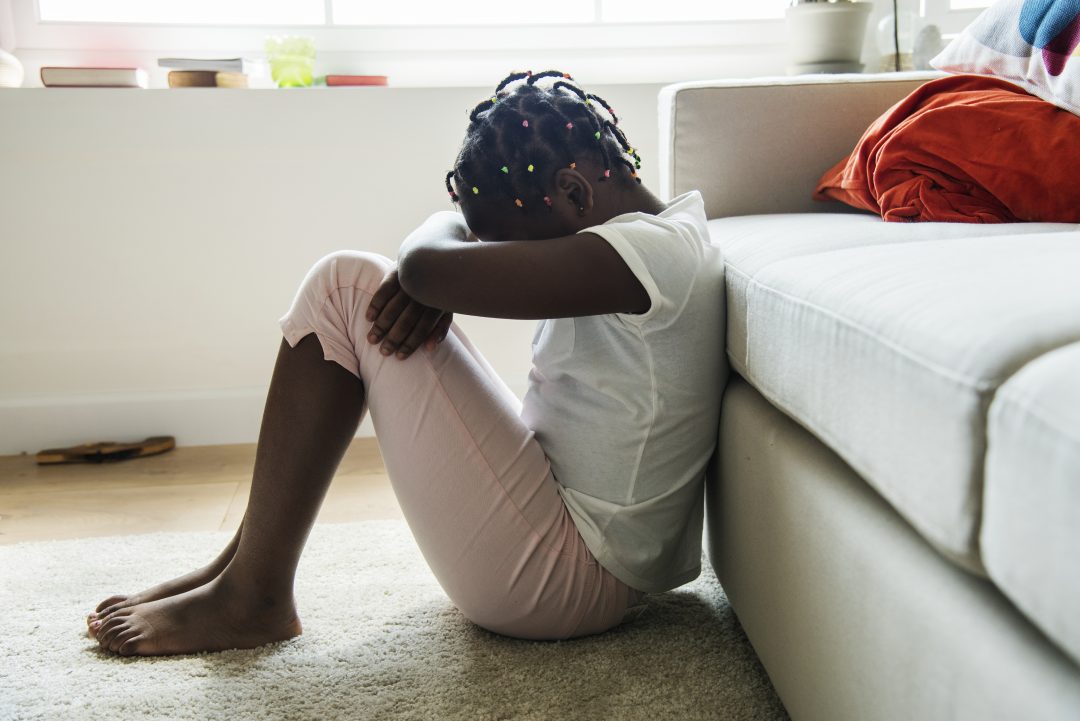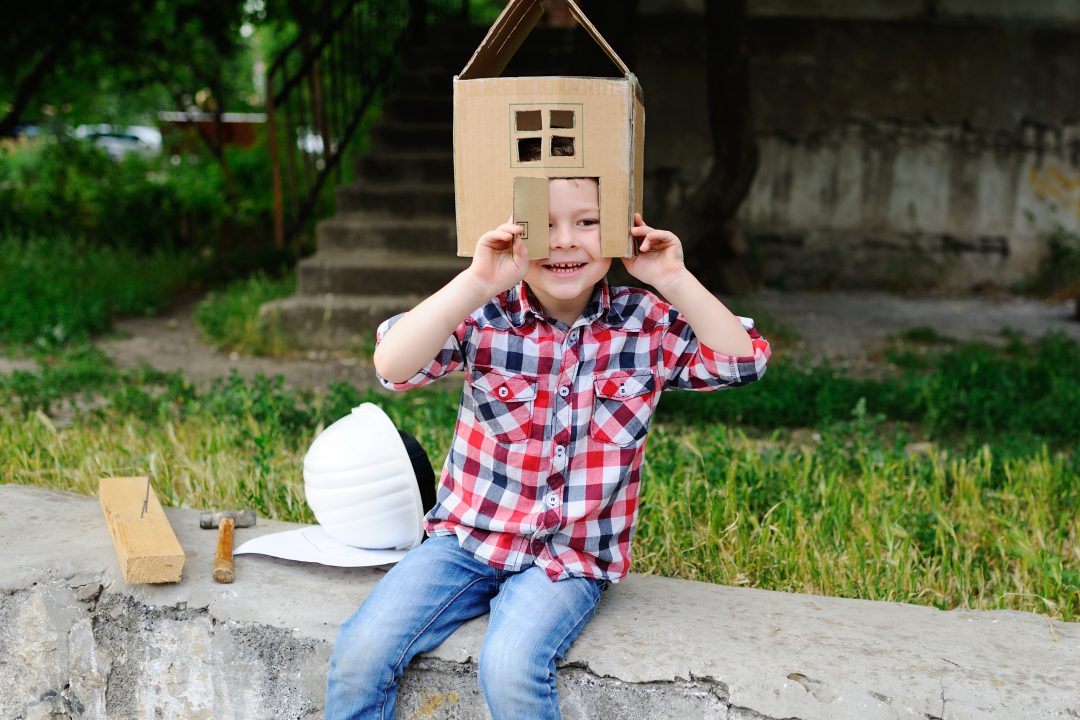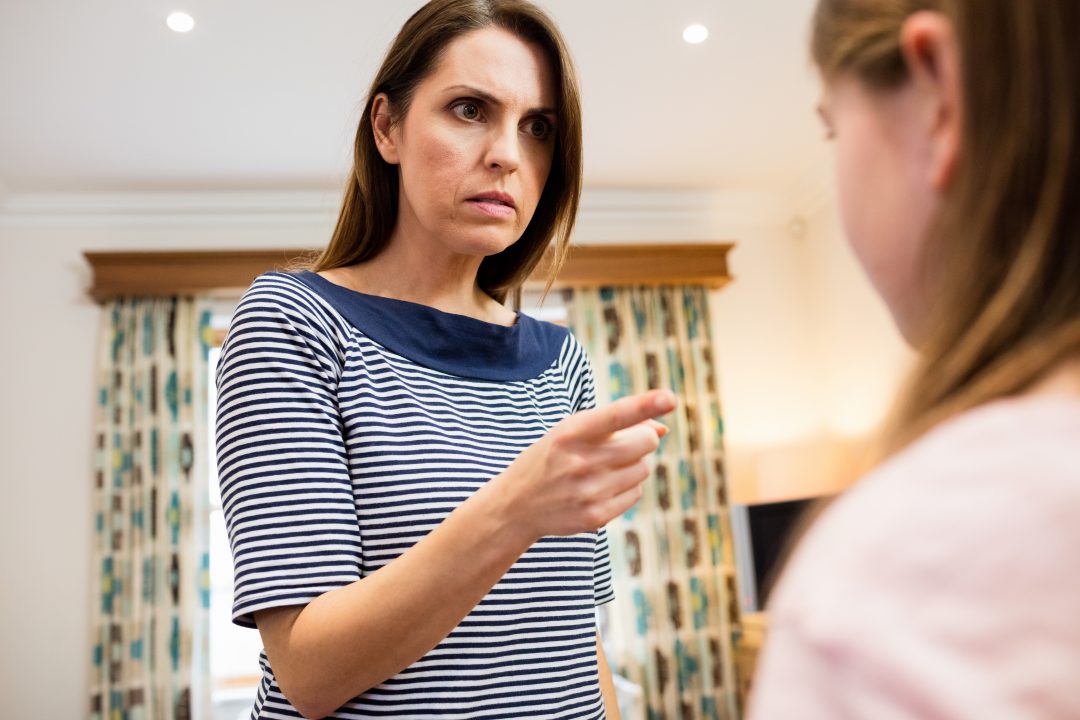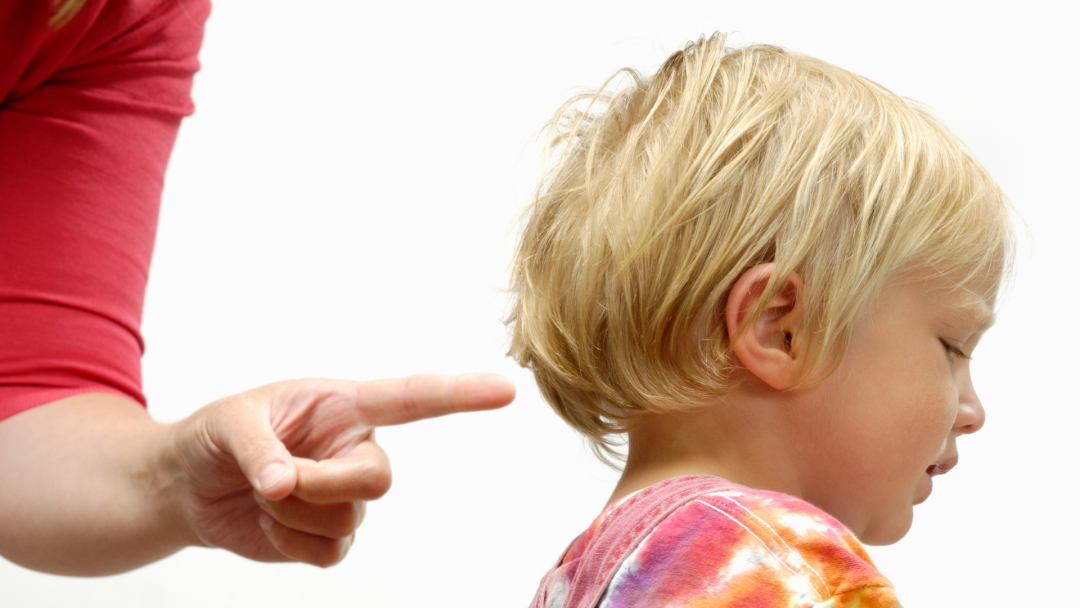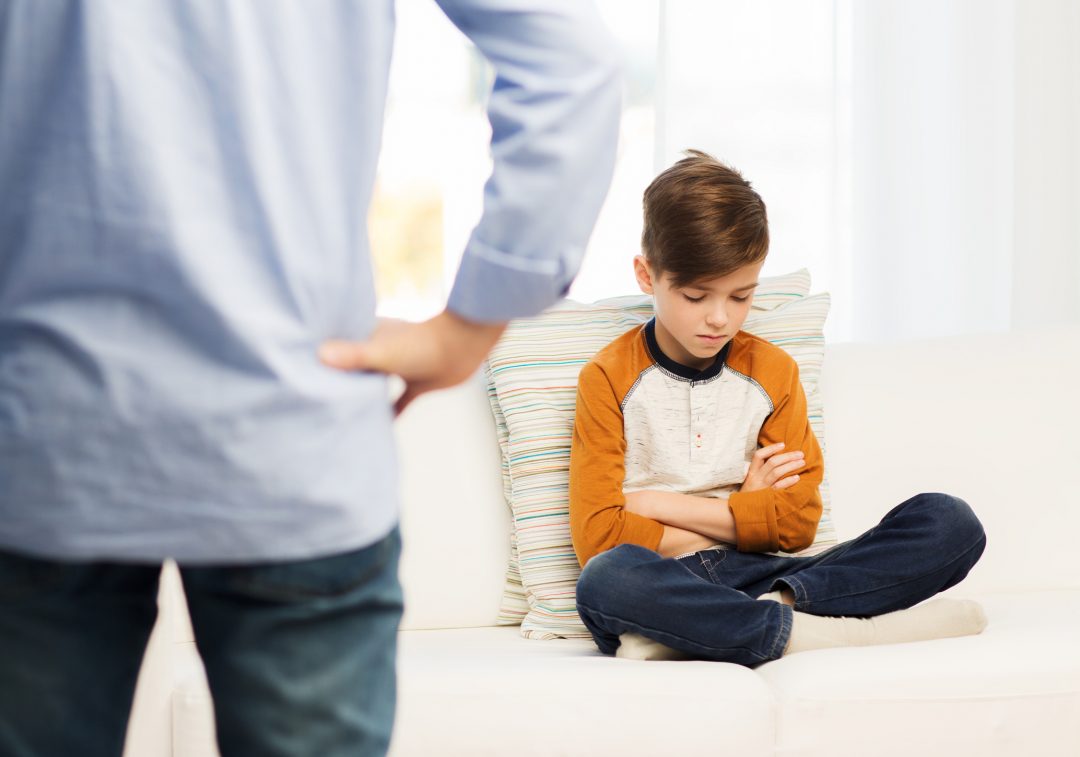Challenging Behavior: Tips for Preppie Tweens and Teens
Categories: General Parenting
(3.5 minute read)
I have a post-it note on my fridge. It used to say ‘PVE’ to remind me to do my pelvic floor exercises, but that ship has sailed, so I crossed it out. Now, it says, ‘Behind every behaviour is an unmet need.’
Sounds simple enough. So, why is it so hard to remember? I have three children, ranging from 4-14 years old, so I get daily exposure to the full spectrum of behaviour ‘challenges’. That’s in inverted commas because a challenge is meant to be something that’s a bit difficult, but ultimately manageable. However, my children are not always manageable and I don’t always manage them. Sometimes, I actively avoid them! For instance, right now, I am on my computer in the car in the driveway because at least it is quiet here and nobody’s asking me for a snack. 10/10, strongly recommend.
My point is that sometimes my kids do things that are ridiculous, unfair, unsafe or unkind and I lose it. I don’t always remember to stop and think about the needs behind their behaviour and I don’t always meet them with compassion and kindness. I fixate on why they’re doing this to me, especially if they have a meltdown somewhere other than the kitchen where my helpful reminder is located. When I do remember that behaviour = unmet needs, it’s a game-changer. Trying to work out why they’re doing what they’re doing helps me actually respond in a way that addresses the need, rather than just suppressing the behaviour. Behaviour that is pushed down will always come back, just like your kid’s snotty nose in the first year of childcare.
Anyway, apart from the behaviour and unmet need equation, there are a few other things the experts suggest we get our heads around if we want to deal with challenging behaviour in a way that is actually effective and lasting. I am proud to say that I employ some of these strategies, some of the time! That will have to do. Nobody’s perfect and I’ve run out of post-its, anyway.
DO try these at home:
- Avoid punishment
‘As parents, we confuse discipline with punishment,’ says Dr Justin Coulson. ‘When we punish our kids, we are doing something to them, but when we work with our kids and teach them something to help change their behaviour, that’s discipline. As well as not helping them learn, using punishment to try and change behaviour has some pretty significant side effects.’
DR JUSTIN COULSON
It’s damaging for your relationship with your child, it leads to sadness, fear, resentment and anger, and it teaches them that overpowering another person is how to get what you want. It’s also just ineffective, says Nathan Wallis.
‘There is no research to support punishment. We know it does not lead to good outcomes. It persists because it’s a traditional method of parenting, but it simply doesn’t work in the long term.’
NATHAN WALLIS
- Tell them what to do instead
The number one method for helping a child to change behaviour is called cognitive training, says Nathan Wallis. ‘Cognitive training sounds complicated, but all it really means is telling your child what to do instead.
‘Instead of just telling them what they’re doing wrong, describe the behaviour you’d like to see and give no voice and no life to the behaviours you don’t want to encourage. Over time, this will teach your child how to behave.’
NATHAN WALLIS
Explicit advice about how to do something (like wait for their turn rather than snatching a toy) shows them what the alternative course of action looks like in practice.
- Don’t take it personally and don’t make it personal
‘Sometimes, when our kids do something we don’t like, we react emotionally and see it as a personal attack. We get frustrated and take it out on them, but it’s not about us and that’s not conducive to helping them learn and grow.’
STEPHANIE WICKER
Justin Coulson agrees, saying that ‘Kids don’t wake up in the morning and think, how can I torment my parents today?’ For the most part, kids are not trying to be difficult, and treating them as though they’re purposefully trying to upset us is actually pretty unfair. It’s important to keep respecting the personhood of our kiddos, no matter how hard we’re finding their behaviour, and this means not conflating the behaviour with the child. They might be behaving badly, but they are not ‘a bad kid.’
- Match your expectations to their developmental stage
When we talk about behaviour, it’s also important to consider that your kids might not yet have the skills or cognitive ability to do what you’re asking them to. In this case, their unmet need is for you to understand where they’re at developmentally. We’ve got quite a few videos on brain development in childhood on the ParentTV site, and it’s worth checking a few out so you know what is fair to expect of your kiddo and their behaviour at different ages and stages. For parents of teens, this can be especially validating, as there’s a whole section of their brain that is essentially ‘shut for renovations’ during adolescence, as Nathan Wallis says. It’s not you, it’s them!
- Let them experience natural consequences
While punishments might not be effective, natural consequences often are. A natural consequence is when your child experiences an adverse result from their behaviour organically, rather than when it’s engineered by you. So, if your child pushes another child over and they hurt themselves and get upset, they probably won’t want to keep playing with your child. So, the natural consequences for your child are how it feels to see the other child upset and hurt, and having their play suspended because their playmate is in recovery. This is learning through life, and it hits home because it’s motivation to behave differently that is generated internally rather than externally, says Teacher Tom. That’s much more meaningful (and memorable) than an unrelated punishment imposed by an adult.
I could go on, but I won’t, because it’s high time I got out of the car and went inside to actually do some parenting. Until next time!

